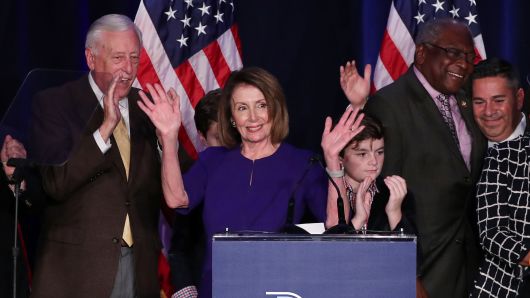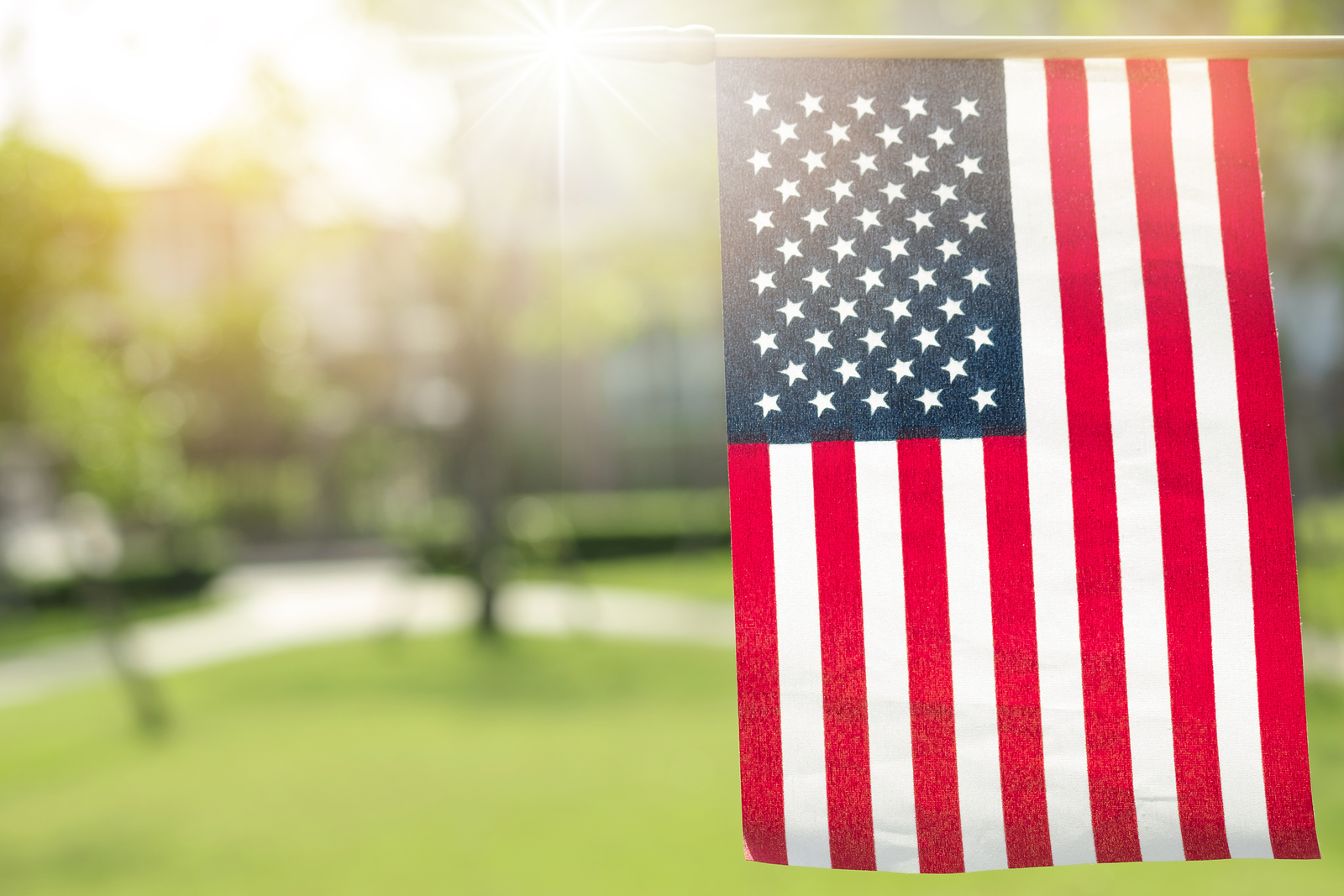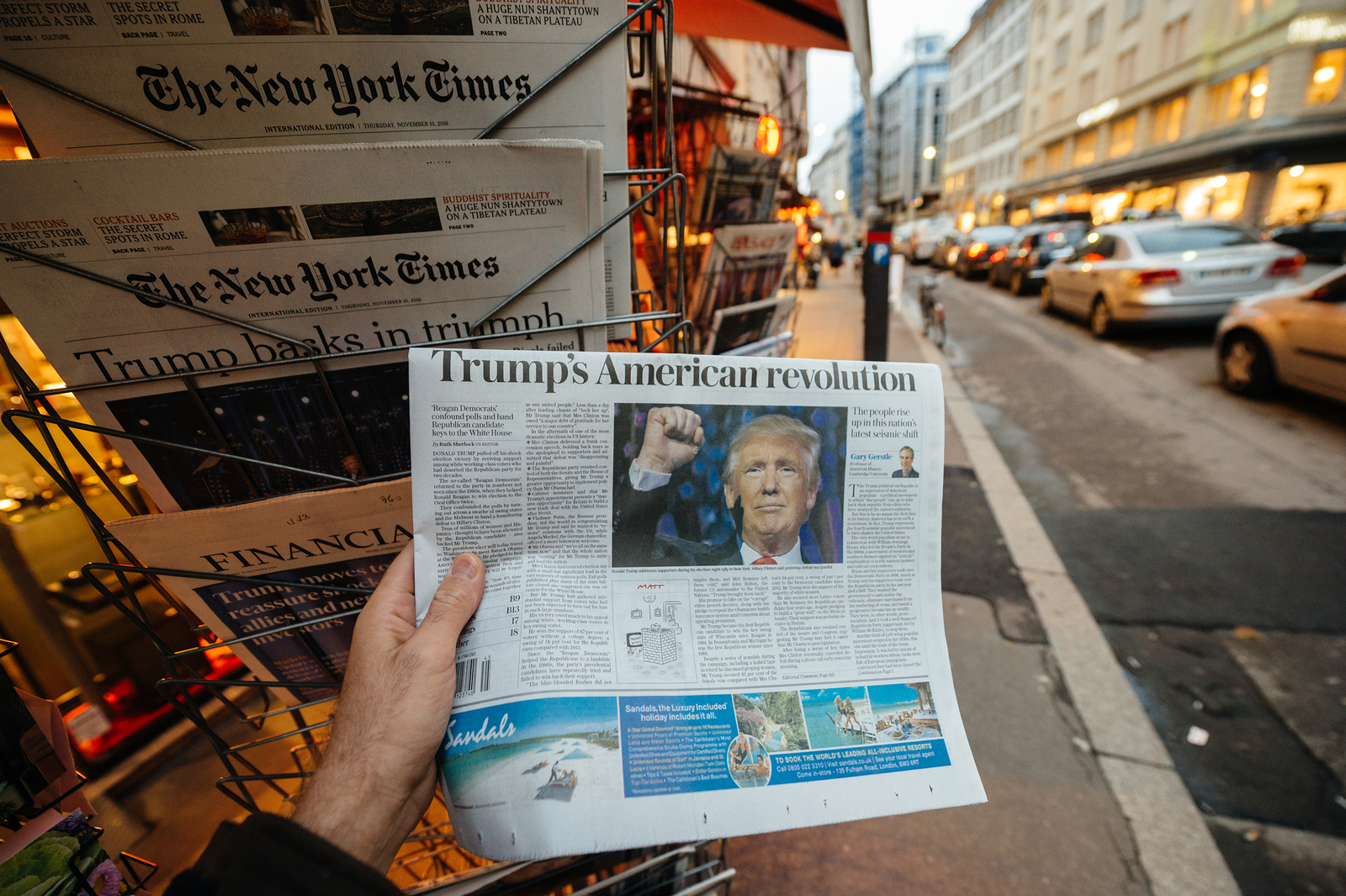How About a Little Humility in Victory?

The 2018 midterm elections are finally over. Democrats gained control of the U.S. House of Representatives. Republicans increased their narrow majority in the Senate. And Democrats picked up seven new governor positions, narrowing the Republican advantage to 27-23. All agree we are a divided nation.
But you would not know it from the victory celebrations of most of the winners. Invariably it is proclaimed that “the people have spoken” and now it is time to get on with the “people’s business.”
But what have the people said and what is the people’s business when the victors in most elections have prevailed by something less than 60 percent of the vote, many have won by less than 1 percent of the vote, and a few have been elected with less than 50 percent of the vote? Of the 35 elections for senator, 17 were won with less than 55 percent of the vote and eight with less than 52 percent of the vote. Do the votes for the losing candidate count for anything in the minds of the winners and their supporters?
Consider the just concluded elections in Florida and Georgia. Ron DeSantis defeated Andrew Gillum for governor by a margin of 32,463 votes from a total of more than 8 million. Rick Scott defeated Bill Nelson for senator by an even narrower margin, 10,033 votes. In Georgia, Brian Kemp was victorious over Stacey Abrams by 54,723 votes out of nearly 4 million. What is the message the victors should take from these results?
Recent history suggests that the message will be, to quote President Barack Obama from a 2010 meeting with Republican congressional leaders, “Elections have consequences, and I won.” Or, to quote President Donald Trump in a speech to Ohio Republicans last August, Democrats need to “get used to it — we won the election.”
In other words, ours is a winner-takes-all democracy. Get 50 percent plus one of the vote, or even lose the popular vote in Trump’s case, and you are entitled to implement your policies lock, stock and barrel. As Obama instructed GOP leaders in 2013, “If you don’t like a particular policy … go out and win an election.”
Surely that is not what the framers had in mind in the founding of our democratic republic. In the brief 13 years between the Revolution and drafting of our Constitution in 1789 they had experienced in most of the states the hazards of majoritarian tyranny. They devoted much thought and discussion to controlling what James Madison in Federalist 10 called majority factions. Federalism, separation of powers, bicameralism, enumerated powers, the presidential veto and judicial review were all intended, in part, to constrain those wielding power at the moment — to make compromise and collaboration necessary.
But constitutional structure cannot do all the work of resisting the tyranny of the majority. Those elected to public office must appreciate that a narrow victory at the polls is just that — a narrow victory. Winning with even as much as 60 percent of the vote means that 40 percent of the people preferred someone else. Are those who voted for the loser to have no representation until the next election?
If so, their only plausible choice is resistance. And that is where we seem to have arrived, particularly in our national politics. Republicans resisted the Obama administration at every turn. Democrats pronounced themselves The Resistance as soon as President Trump was elected.
To succeed as a system of peaceful governance, representative democracy cannot be a winner-takes-all contest. Rather it requires humility on the part of the elected and their supporters, and respect for the views of those who supported the losing candidate.
When it takes two recounts to determine a winner, as in the Florida Senate election, the people have spoken not that to the victor belongs the spoils but that to the victor goes the difficult challenge of representing a closely divided electorate.
There can be no surer guarantee of a deeply divided electorate in the next election than having those in power declare that “we won, you lost, get over it.”




